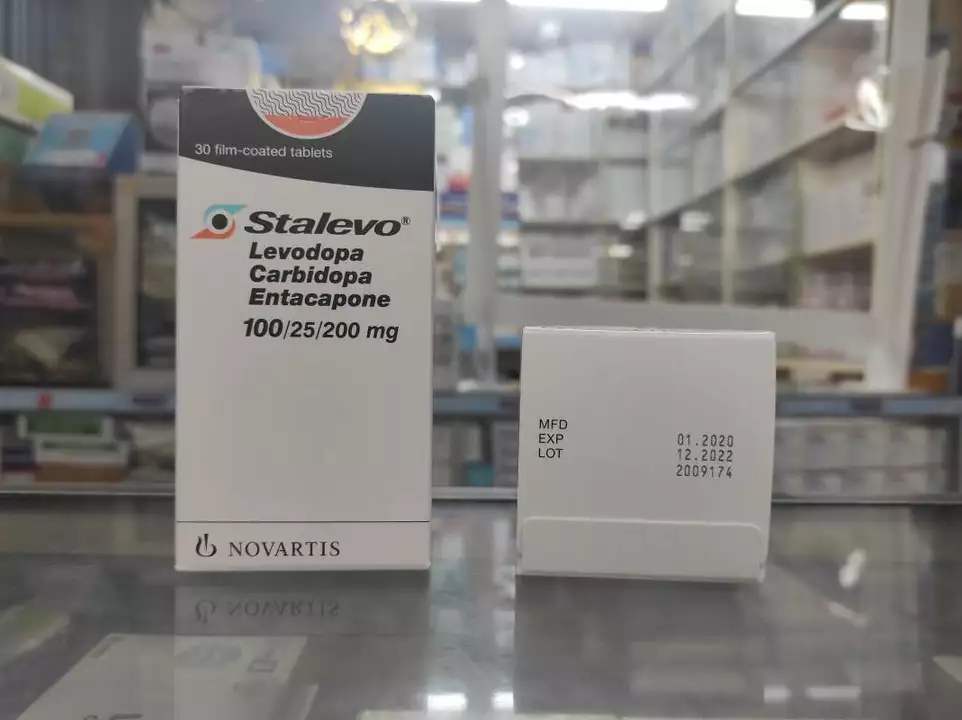Bladder issues: what’s going on and what you can do today
Waking up at night to pee, sudden urges you can’t control, or burning when you go — these are all common bladder issues. They can come from infections, weak pelvic muscles, medications, or chronic conditions like overactive bladder. The good news: many causes are treatable, and small changes often make a big difference fast.
Spot the signs and possible causes
Pay attention to patterns. Frequent urination, urgency, leaking, pain with urination, or cloudy/foul-smelling urine point toward different problems. Sudden burning or strong, persistent urgency often means a urinary tract infection (UTI). Slow stream, dribbling, or feeling like your bladder didn’t empty could suggest blockage or prostate-related issues in men. If you leak when you cough or exercise, that’s usually stress incontinence linked to weak pelvic floor muscles.
Medications like diuretics, caffeine, and alcohol can make you pee more. Diabetes, bladder stones, and neurological conditions also affect bladder control. Age plays a role, but bladder problems aren’t just 'normal aging' — they often respond to treatment.
Practical steps you can try right now
Start a bladder diary for 3 days: record fluid intake, bathroom times, urgency, and any leaks. That gives a clear picture to you and your clinician. Try timed voiding — go to the bathroom every 2–3 hours whether you feel the urge or not — to retrain your bladder. Reduce caffeine and alcohol for two weeks and see if symptoms improve.
Pelvic floor exercises (Kegels) help many people. Tighten the muscles you’d use to stop urine, hold 3–5 seconds, relax 5 seconds, repeat 10 times, three times daily. If you’re unsure you’re doing them right, a pelvic health physio can guide you.
If you suspect a UTI, a simple urine test can confirm it and antibiotics clear most infections quickly. For persistent urgency or overactive bladder, doctors may recommend bladder training, medication, or minimally invasive procedures depending on severity. In men with urinary blockage, treating the prostate or removing obstructions often helps.
When to see a doctor: fever, blood in urine, sudden severe pain, inability to urinate, or symptoms that disrupt daily life deserve prompt evaluation. Also get checked if symptoms last more than a week or come back frequently.
Don’t ignore bladder issues because they affect sleep, mood, and daily activities. Small steps — a diary, fluid tweaks, Kegels, and timely medical help — often give quick relief. If you want, I can outline a 7-day bladder diary template and a simple Kegel routine you can start today.
Carbidopa-Levodopa and Bladder Issues: Tips for Managing Treatment-Related Side Effects
As a blogger, I recently explored the topic of Carbidopa-Levodopa and its potential impact on bladder issues. This medication is commonly used to treat Parkinson's disease, but some people may experience treatment-related side effects, including urinary incontinence, urgency, and frequency. To manage these side effects, I discovered several helpful tips, such as maintaining a consistent medication schedule, practicing pelvic floor exercises, and monitoring fluid intake. By incorporating these techniques, individuals taking Carbidopa-Levodopa can better manage their bladder issues and improve their overall quality of life. It's important to remember that everyone's experience is different, so it's crucial to consult with a healthcare professional before making any changes to your treatment plan.
Keep Reading
